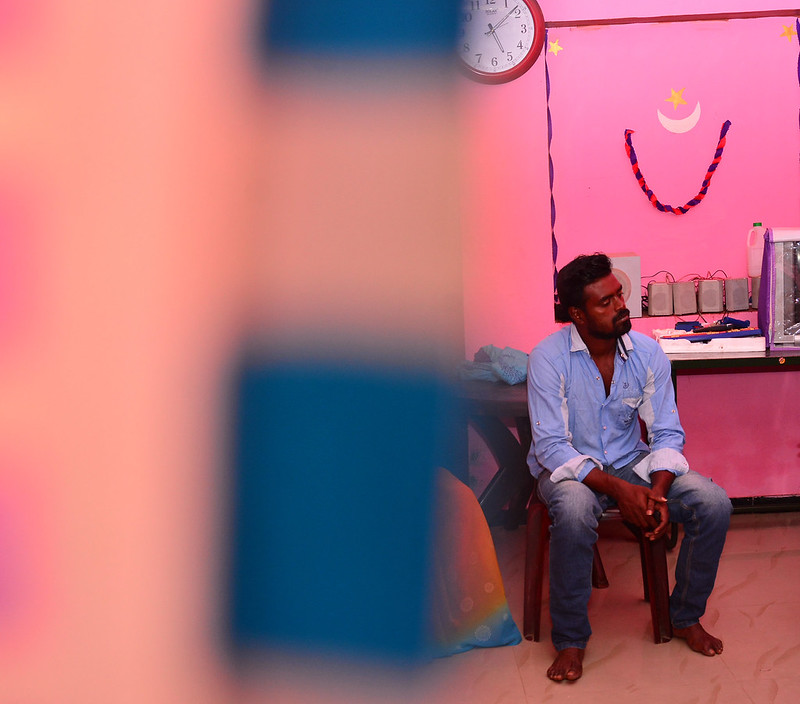A series of blasts on February 14, 1998 in Coimbatore killed 58 and injured over 200 people. Ever since that serial blasts Muslims of this town became soft targets for investigators. Muslim youth of Coimbatore have been picked up for blasts from here to Bangalore.
Mercifully the judiciary has come to their rescue but not before years lost behind bars trying to prove their innocence. Rohan Premkumar in a five-part series examines the unenviable plight of the Muslims and how their lives have been ruined after being arraigned in terror-related cases. Part 4
Sardar Basha was a couple of months short of his 18th birthday when police came to his home shortly after the 1998 serial blasts had occurred. “I was having dinner with my parents when the police came and said they needed to conduct an inquiry. I left thinking I would be back home by morning, but spent the next nine years of my life inside a prison cell,” says Basha, now 34.
Basha was charged with procuring explosives which were used in the bombings, and for serving as an intermediary in planning the attacks.
At the time of his acquittal and release in August of 2007, Basha’s father had died, “heartbroken” he says after two of his sons (including Basha’s brother, who has also since been acquitted), were lugged off to prison despite being completely innocent.
Basha was first taken to the Singanallur police, and after two weeks, was then taken to the Ramanathapuram police station, where he says he was chained and beaten and asked to confess to “false charges.” “I asked them to remand me and they refused. They beat me everyday and so I tried to commit suicide by setting myself on fire inside the station,” says Basha. Alarmed, police then sent him to prison, where he was interred for nine years.
In August of 2005, Basha’s father called a press conference calling for both his sons’ release. “None of the press was supportive and it did not make it to the papers the next day. It seemed like they themselves had decided that I was guilty and had condemned an innocent man to prison.”
On the same day that Abdul Nasser Madani was acquitted, the same court acquitted Basha. The judge ruled that Basha had been a minor at the time of his arrest, and even if guilty, had already served his sentenced and should be released. He was acquitted on all charges.
“In the entire chargesheet which was filed against all 166 persons who were arrested for the Coimbatore blasts, not a single witness testified that they had seen me at any of the places where the blasts occurred. Nor was any evidence or witness found who testified that they had seen me buy any explosives,” he says.
Basha says that life is very hard. He says he has been marginalized by members of his own community because they assume that he was involved in the serial blasts of 1998. “I now work as a loadman, and barely make ends meet each month,” he says. “I have to support my wife and child, and when I tried to ask for compensation for wrongful arrest at a Coimbatore court, a policeman, who saw me, threatened to throw me behind bars on false charges if I did so.”
Samsudeen, working for the Charitable Trust of Minorities, says that Basha’s case is not unique. He says that there is discrimination against Muslims in every step of the judicial ladder. “There are so many criminals who receive bail before their sentencing. Basha was never convicted, and despite moving bail petitions in both Coimbatore and Chennai, our pleas were shot down,” he says.
Related
Terror Tales


